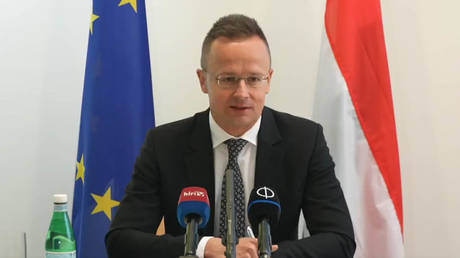

How Mitt and Ann made millions–and Mitt’s hedge fund donors made billions–from the auto-industry rescue that he condemned.
By Greg Palast
Mitt Romney’s opposition to the auto bailout has haunted him on the campaign trail, especially in Rust Belt states like Ohio. There, in September, the Obama campaign launched television ads blasting Romney’s November 2008 New York Times op-ed,“Let Detroit Go Bankrupt.”
But Romney has done a good job of concealing, until now, the fact that he and his wife, Ann, personally gained at least $15.3 million from the bailout—and a few of Romney’s most important Wall Street donors made more than $4 billion. Their gains, and the Romneys’, were astronomical—more than 3,000 percent on their investment.
It all starts with Delphi Automotive, a former General Motors subsidiary whose auto parts remain essential to GM’s production lines. No bailout of GM—or Chrysler, for that matter—could have been successful without saving Delphi.
So, in addition to making massive loans to automakers in 2009, the federal government sent, directly or indirectly, more than $12.9 billion to Delphi—and to the hedge funds that had gained control over it.
 One of the hedge funds profiting from that bailout— $1.28 billion so far—is Elliott Management, directed by Paul Singer. According to The Wall Street Journal, Singer has given more to support GOP candidates—$2.3 million—than anyone else on Wall Street this election season.
One of the hedge funds profiting from that bailout— $1.28 billion so far—is Elliott Management, directed by Paul Singer. According to The Wall Street Journal, Singer has given more to support GOP candidates—$2.3 million—than anyone else on Wall Street this election season.
His personal giving is matched by that of his colleagues at Elliott; collectively, they have donated $3.4 million to help elect Republicans this season, while giving only $1,650 to Democrats. And Singer is influential with the GOP presidential candidate; he’s not only an informal adviser but, according to the Journal, his support was critical in helping push Representative Paul Ryan onto the ticket.
Singer, whom Fortune magazine calls a “passionate defender of the 1%,” has carved out a specialty investing in distressed firms and distressed nations, which he does by buying up their debt for pennies on the dollar and then demanding payment in full. This so-called “vulture investor” received $58 million on Peruvian debt that he snapped up for $11.4 million, and $90 million on Congolese debt that he bought for a mere $20 million.
In the process, he’s built one of the largest private equity firms in the nation, and over decades he’s racked up an unusually high average return on investments of 14 percent.
Other GOP presidential hopefuls chased Singer’s endorsement, but Mitt chased Singer with his own checkbook, investing at least $1 million with Elliott through Ann Romney’s blind trust (it could be far more, but the Romneys have declined to disclose exactly how much). Along the way, Singer gained a reputation, according to Fortune, “for strong-arming his way to profit.” That is certainly what happened at Delphi.
Read the full article at The Nation…
Elements of this article appear in Palast’s new book, Billionaires & Ballot Bandits: How to Steal an Election in 9 Easy Steps
* * * * * * * *
Greg Palast is the author of the New York Times bestsellers The Best Democracy Money Can Buy, Armed Madhouse and Vultures’ Picnic.
Palast’s brand new NYT bestseller Billionaires & Ballot Bandits: How to Steal an Election in 9 Easy Steps, is available from Barnes & Noble, Amazon or Indie Bound and on the NOOK and Kindle.
Author’s proceeds from the book go to the not-for-profit Palast Investigative Fund for reporting on voter protection issues.
Donate and can get a signed copy of the book or make a contribution of any amount to support our work.
MEDIA REQUESTS: For interviews, review copies and excerpts contact us.
Subscribe to Palast’s Newsletter and podcasts.
Follow Palast on Facebook and Twitter.
Powered by WPeMatico






More Stories
It’s Magic!
Latinos–too lazy to vote?
José Crow: Arizona Fights Aliens (aka Democrats)